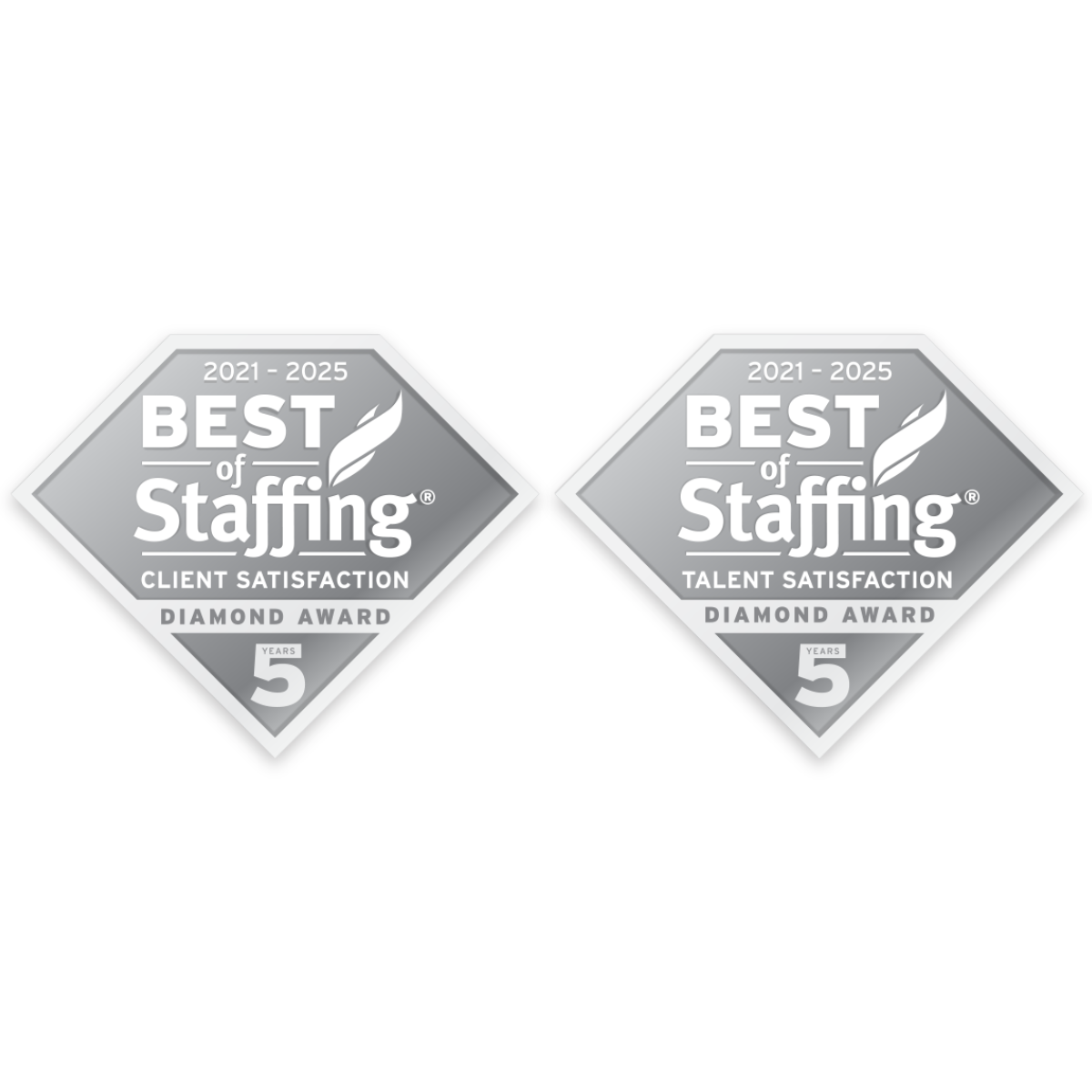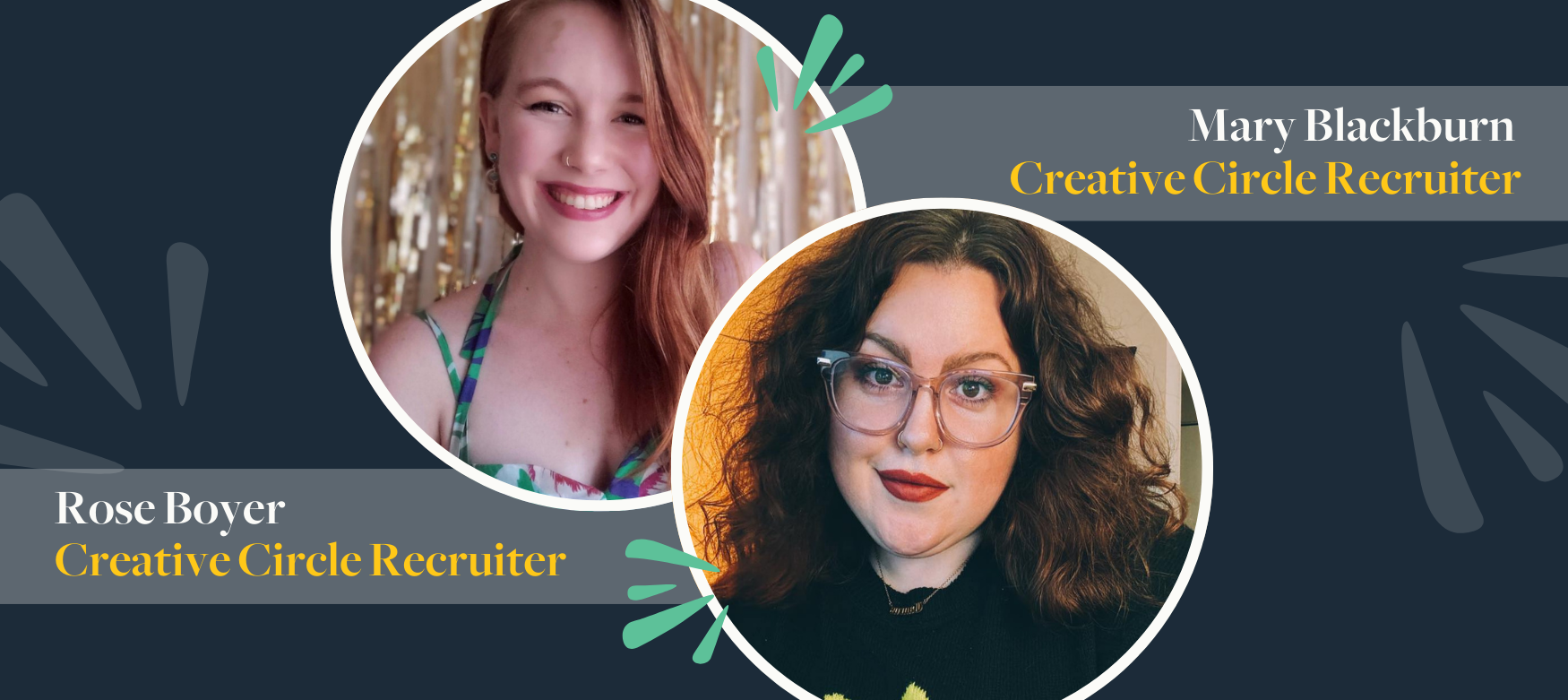Marketing is all about using the right words to elicit a reaction in the intended audience, so it can be bewildering as a job seeker to spend countless hours poring over listings that leave you questioning if you’re better off setting up a folding table on your street corner with a sign that reads: “Will make content for food.”
The language used in job ads matters—a lot. A well-written job advertisement can be the difference between applying for the role and not. Specific terms can alienate certain candidates—and some lists of qualifications read more laundry list than realistic. Simply put—words matter.
Here are five RED flags to look for in marketing job ads. Do your current—and future—self a favor and save these tips when searching for new opportunities.
🚩# 1: Beware of Biased Language
Ads that use phrases such as “hit the ground running” should make you think about running in the opposite direction. Typically, this line can point to jobs with little to no onboarding process, and you are expected to pick up the leftover mess(es) of whoever came before you.
Any mention of being a “family” can mean the company cares little about work/life balance, worker autonomy, and time boundaries.
Then there’s “wears lots of hats,” which could mean the company expects you to complete the workload of multiple positions for only one salary. Say hello to possible burnout, resentment, lower rates of productivity, and higher turnovers.
And beware of the use of words like “ninja,” “rockstar,” or “unicorn.” What works for a can of beer does not work for a job ad. These terms, in particular, turn off female candidates. Employers should post job ads with neutral, straightforward titles, like “Engineer” or “Account Executive,” to attract the most diverse candidates.
Smart Tip: If you see something, say something—don’t be afraid to incorporate questions about questionable language during the interview process. Ask about employee turnover rates, the history of the position you’re applying for, the actual working hours, and company expectations on after-hours communication.
🚩 #2: “Boilerplate” Job Ads
If it seems like you’ve read the ad before and it gives you no real insight into clear job responsibilities or duties, you may be applying for a company with little knowledge of marketing and what it takes to succeed in the role. Here are two big red flags:
No mention of a team or department
“Sales” is listed as a job duty
Language like this telegraphs that you are likely looking at a role where you may be the only person running the marketing show—not part of a marketing team.
Smart Tip: If the job description is vague and there are no clearly listed tasks, research whether there is a whole team or marketing department or if it’s a marketing team of one at the company. Ask directly about the history of the role and what the company considers as successes and failures of folks who had previously held the positions.
🚩#3: No Salary Job Ads
In the dawning age of pay transparency laws across the country, any company not providing a salary band or starting salary for an advertised role is raising a big red flag, indicating that the company negotiates salary based on each candidate—opening a can of ethics worms as women and people of color often make considerably less than their white, male counterparts.
No mention of a salary band can signify that the company doesn’t value workers as team members but merely sees them as cogs in a machine. If there is no mention of what you will be making if hired for the role, you will likely struggle with being valued in the company, which may indicate little potential for growth.
Smart Tip: Asking about salary isn’t taboo! An employer should expect to hear this question during an interview, so feel free to apply and inquire about the salary band for the role. As much as the company is interviewing you—you’re also interviewing the company. Don’t settle for less than what your work is worth.
🚩#4: Unpaid Sample Project Requests
Beware of this common pitfall. While a potential employer should do the due diligence and ask about your previous work experience, references to contact, and see examples of past projects—a line must be drawn when a company asks you to complete a pitch or do some other type of free work under the guise of a “sample project” for consideration for the role. See this for what it is: taking advantage of your labor. If it’s a dream position and you genuinely don’t mind doing the work, that’s your call. But for it to be a requirement in the application process is a giant red flag and indicates how you will likely be treated as an employee should you accept a role.
Smart Tip: Remember: if an application/interview process makes you uncomfortable, that’s a sign that your employment there is also likely to as well. If asked to do a sample project, politely ask the hiring manager what they are compensating candidates for this work. If they insist that candidates are doing the work for free, ask yourself if this is a place you want to call your next professional home.
🚩#5: No Mention of Benefits
If a full-time job offer does not come with benefits, consider it a significant sign that they’re not trying to attract top talent but rather see you as a cog with little worth. Companies looking to fill slots are not interested in investing in the fullest potential of their employees, and it likely signals that their organization is likely rife with low productivity and high turnover rates.
Smart Tip: When in doubt, ask. Inquire what benefits are offered and dig into the details—there’s more than just health insurance. Ask about vacation time, 401K, fertility benefits, life insurance, continuing education benefits, and more. If you care about the organization’s ethics, ask questions like “do LGBTQIA+ employees receive domestic partner benefits?” Remember, it’s perfectly acceptable to ask questions about demographics you don’t fit into—how else will we evolve the workplace toward a more equitable place?
Bottom Line
Tap into your gut. If things feel off in the courting stage, it will likely feel off if you accept a job with the company. Remember that as a marketing professional, you are essential to a company’s success. Marketing is pivotal for the growth of all organizations, and those in marketing deserve employers who respect their time, work, rights, and boundaries.



